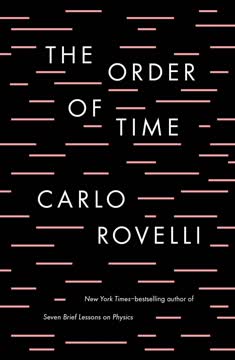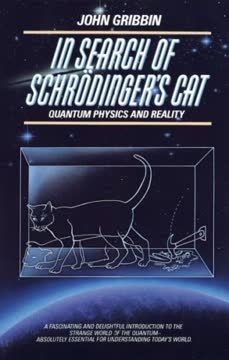Searching...
Top 10 Books on the History and Philosophy of Science
Explore the 10 most insightful books on the history and philosophy of science, perfect for curious minds seeking deeper understanding.
Book Summaries
A Brief History of Humankind
Yuval Noah Harari's sweeping narrative of human history provides context for understanding the evolution of scientific thought and its impact on society.
3 Key Takeaways:
- The Cognitive Revolution enabled Homo sapiens to dominate the world
- Agriculture revolutionized human society but may not have improved individual lives
- The unification of humankind occurred through empires, money, and religion
Science as a Candle in the Dark
Carl Sagan's passionate defense of scientific reasoning and skepticism against superstition is a must-read for anyone interested in the philosophy of science.
3 Key Takeaways:
- Science as a Candle in the Dark: Illuminating Critical Thinking
- The Power of Skepticism: Combating Pseudoscience and Superstition
- The Demon-Haunted World: Understanding the Appeal of Irrational Beliefs
Carlo Rovelli's poetic exploration of time challenges conventional notions and invites readers to reconsider the philosophical implications of scientific discoveries.
3 Key Takeaways:
- Time is not universal, but relative and variable
- The present moment is not a universal concept
- Past and future distinction emerges from entropy
Quantum Physics and Reality
John Gribbin's accessible introduction to quantum physics provides essential insights into the scientific revolution that reshaped our understanding of reality.
3 Key Takeaways:
- The quantum revolution: A paradigm shift in our understanding of reality
- Wave-particle duality: Light and matter's dual nature
- Uncertainty principle: The limits of measurement in the quantum world
The Lives and Opinions of the World's Greatest Philosophers
Will Durant's classic work provides an engaging introduction to Western philosophy, making it a perfect starting point for understanding the philosophical underpinnings of science.
3 Key Takeaways:
- Embrace challenge and discomfort to build grit
- Develop habits and routines to reinforce discipline
- Exercise regularly to boost physical and mental toughness
Pseudoscience, Superstition, and Other Confusions of Our Time
Michael Shermer's examination of the psychology behind irrational beliefs is crucial for understanding the challenges faced by science in a skeptical world.
3 Key Takeaways:
- Skepticism is a method, not a position
- Science progresses through self-correction and convergence of evidence
- Pseudoscience exploits cognitive biases and logical fallacies
On the Origins of Life, Meaning, and the Universe Itself
Sean Carroll's exploration of the universe's origins and the nature of existence blends science and philosophy, making it a compelling read for those interested in the big questions.
3 Key Takeaways:
- The universe is governed by impersonal laws of physics
- Consciousness emerges from complex physical processes
- Life arises from simple chemical reactions and natural selection
A Philosophical Guide to Living
Luc Ferry's accessible overview of Western philosophy connects ancient thought to modern life, providing valuable insights into the evolution of scientific ideas.
3 Key Takeaways:
- Greek mythology is a philosophy in story form
- The Odyssey reveals the core of ancient wisdom
- Mortality awareness drives human questioning
The Divided Brain and the Making of the Western World
Iain McGilchrist's exploration of the brain's hemispheres offers a unique perspective on how our cognitive processes shape Western thought and scientific inquiry.
3 Key Takeaways:
- The divided brain: Two hemispheres, two worlds
- Right hemisphere primacy in grounding experience
- Language: From music to manipulation
How to Tell Science from Bunk
Massimo Pigliucci's insightful examination of the boundaries between science and pseudoscience is essential for anyone interested in the philosophy of science and critical thinking.
3 Key Takeaways:
- Science is a complex endeavor, not a monolithic entity
- The demarcation problem: Distinguishing science from pseudoscience
- Media representation often distorts scientific understanding













